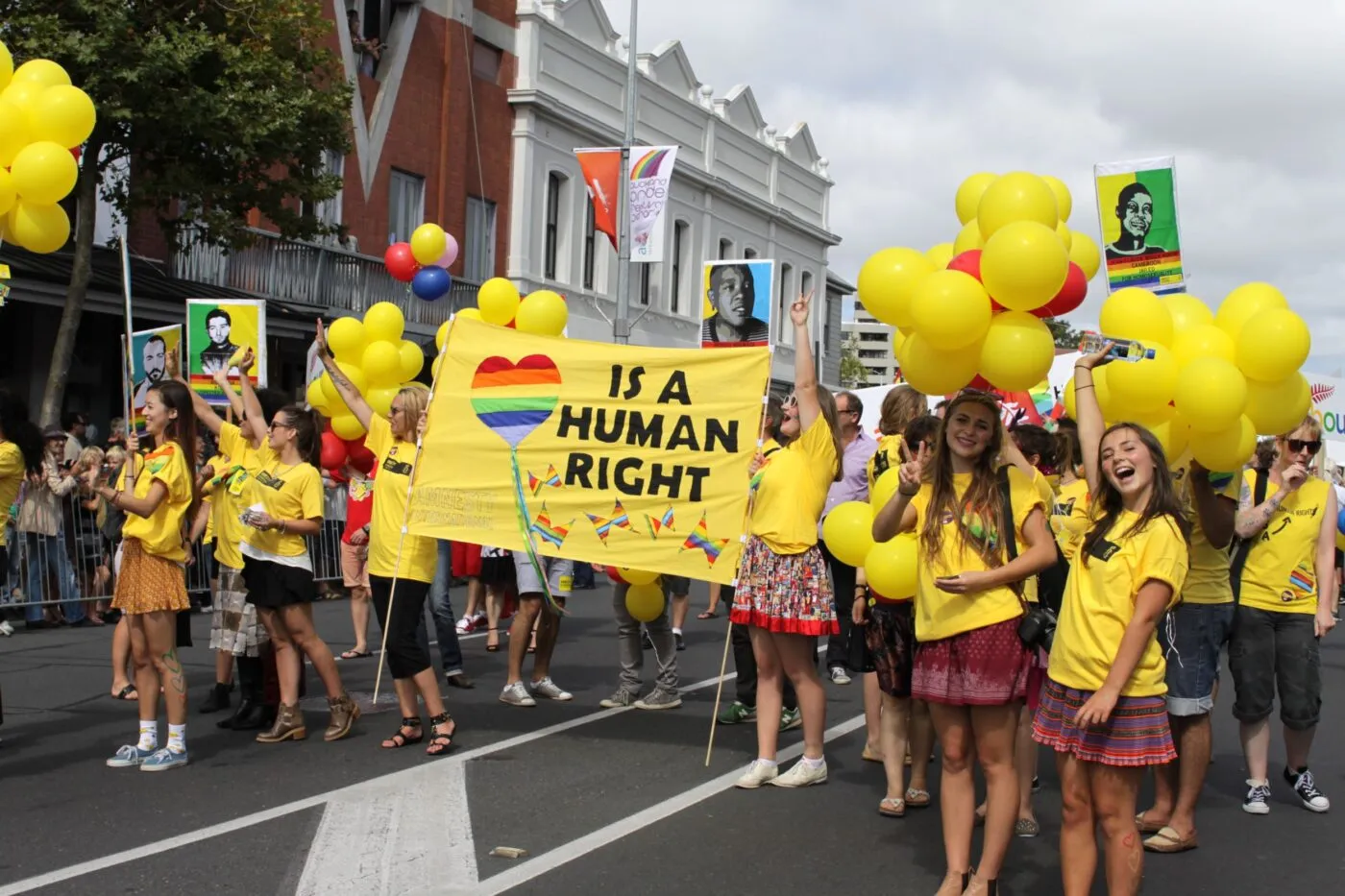Human rights are a critical issue for any country, and Australia is no exception. With its reputation as a developed and democratic nation, Australia is committed to protecting and promoting the rights of its citizens. However, the state of human rights in Australia is not entirely perfect, and there are still many challenges. This article will explore various aspects of human rights in Australia, including achievements, current issues, and the challenges the country faces.
Achievements in Human Rights
Australia has made significant achievements in the field of human rights. As a democratic nation, Australia upholds freedom of speech, freedom of the press, and the right to assembly. The Australian legal system is committed to protecting fundamental rights, including the right to free and fair elections, property rights, and the right to a fair trial. Laws against discrimination and protection of women’s rights and minority groups have also been established and enforced to ensure social justice.
Australia has also ratified many international human rights conventions, including the International Covenant on Civil and Political Rights (ICCPR) and the International Covenant on Economic, Social, and Cultural Rights (ICESCR). These commitments reflect Australia’s support for international human rights standards.
Current Human Rights Issues
Despite its achievements, Australia still faces several serious human rights issues. One of the biggest issues is the discrimination and inequality faced by Indigenous Australians, particularly Aboriginal and Torres Strait Islander people. Although there are policies aimed at improving living conditions and rights for Indigenous people, their unemployment rates, crime rates, and health conditions remain worse compared to the rest of society. This reflects a long-standing inequality that may result from historical colonial policies.
Additionally, Australia’s policy on refugees and asylum seekers has been criticized. Offshore detention centers in Nauru and Manus Island, where refugees are held for extended periods, have faced criticism from international human rights organizations. The living conditions in these centers are often criticized as being below humanitarian standards and have led to serious health issues for refugees.

Rights of LGBTQ+ Individuals
Australia has made significant progress in protecting the rights of the LGBTQ+ community. The legalization of same-sex marriage in 2017 marked an important step towards ensuring equality for same-sex couples. However, some members of the LGBTQ+ community still report discrimination and stigma in society and the workplace, indicating that their rights still require further improvement.
Privacy and Personal Security Rights
The issue of protecting privacy and personal security is also a concern. Privacy laws in Australia have been established to protect personal information, but there are concerns about the misuse of surveillance and data collection rights. Government surveillance and control programs may raise concerns about privacy and personal freedom, especially in the context of the fight against terrorism and security threats.
Proposed Reforms
To address current human rights issues, several reforms have been proposed. For Indigenous Australians, more proactive policies are needed to reduce inequality and provide fair opportunities in education, employment, and healthcare. Improving living conditions and protecting the rights of refugees should also be seriously considered, including closing offshore detention centers and improving resettlement policies.
The government should also reconsider privacy laws to balance security and personal freedom. Creating a more transparent and fair legal system could help protect the rights of all groups in society.
Conclusion
Human rights in Australia are a field of both significant achievements and ongoing challenges. While Australia has made substantial progress in protecting the rights of its citizens and minority groups, there are still many issues that need to be addressed to ensure that human rights are fully and fairly implemented for everyone. Continuous reforms and efforts are necessary to maintain and enhance human rights standards, ensuring that Australia remains a nation that respects and protects the rights of all its citizens.
